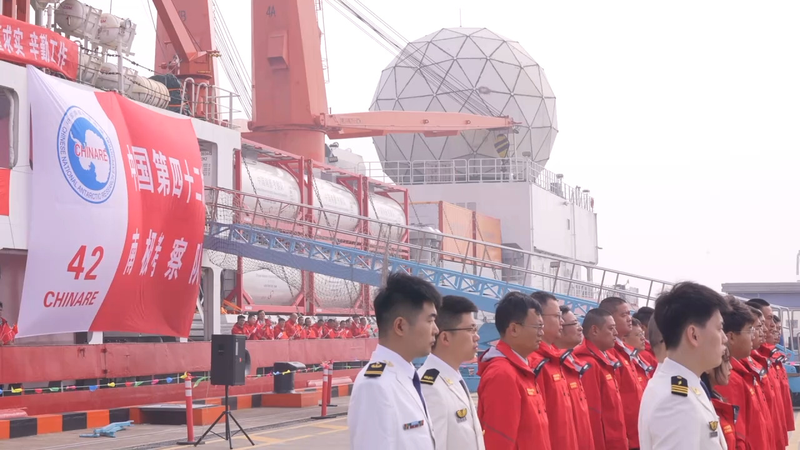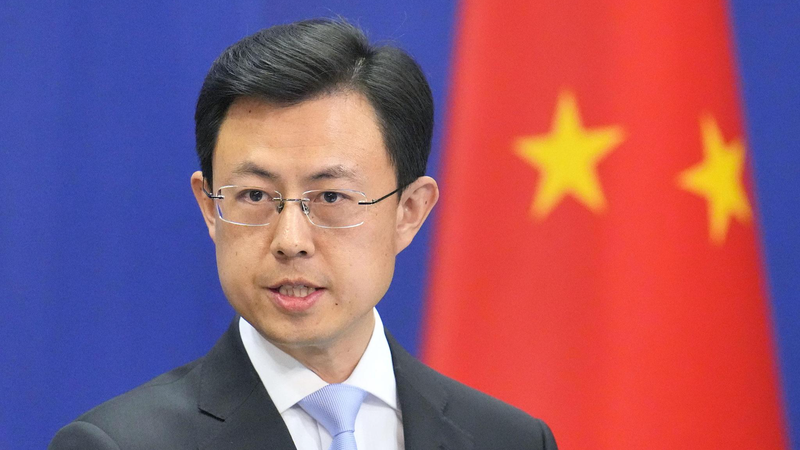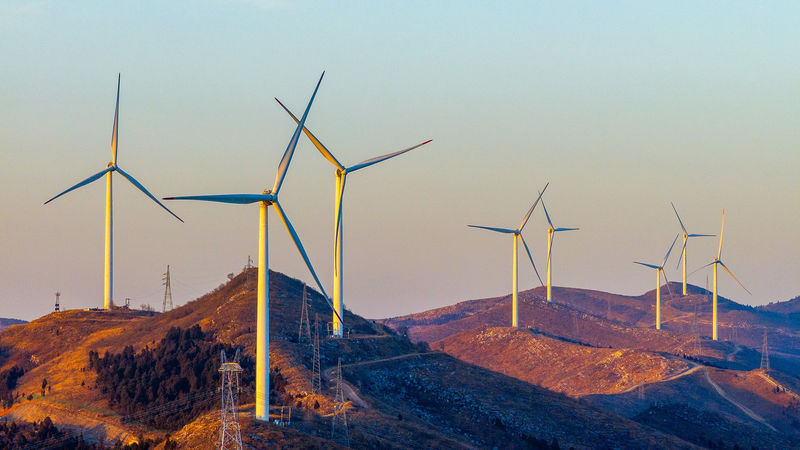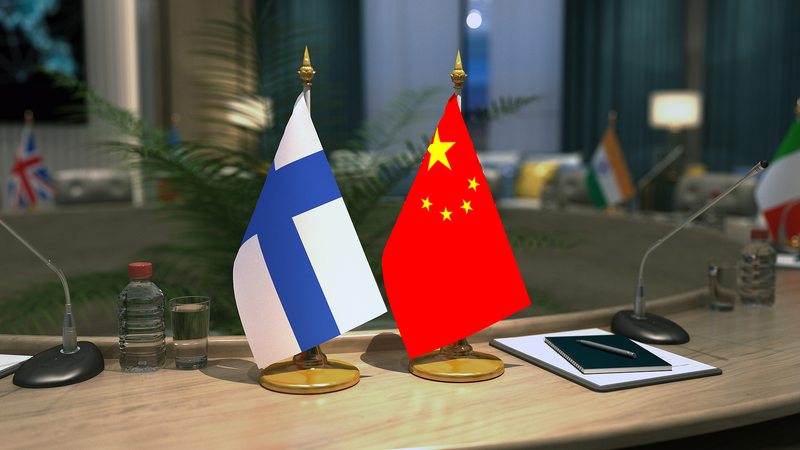Brrr, it’s chilly in Antarctica—but the temperature isn’t the only thing rising! 🔥 The Chinese mainland’s 42nd Antarctic expedition team set sail from Shanghai on Saturday, armed with cutting-edge gear to dive deep into the ice.
For the first time, the crew will run scientific drilling experiments in lakes buried under more than 3,000 meters of ice. Using homegrown hot-water and thermal-melting drill systems, they’ll perform clean drilling to grab samples without contaminating one of Earth’s most delicate environments. 🌎💧
Antarctica’s subglacial lakes are extreme in every sense: crushing pressure, bone-numbing cold, total darkness and scarce nutrients. Yet, they may hold frozen time capsules of past climates and microbial life, key to decoding our planet’s history and forecasting future change.
Boosting our understanding of Antarctica helps protect this vital continent and moves us closer to a shared future for humanity, says Long Wei, deputy director of the Chinese Arctic and Antarctic Administration.
On the sustainability front, the Qinling Station, which kicked off operations in February 2024, is already showcasing green energy wins. A wind-solar-hydrogen-storage hybrid system cuts over 100 tonnes of fossil fuels each year, while stored power keeps lights on for 2.5 hours even during polar nights. ⚡🌱
Next up, a smart warehouse packed with polar robots and an AI-driven platform promises 40% faster material handling—because who doesn’t love efficiency at the ends of the Earth? 🤖📦
This expedition also rolls out high-tech hardware: the Snow Leopard 6×6 wheeled vehicle and the THT550 high-power hydraulic towing equipment, both built on the Chinese mainland, ready to brave crevasses and blizzards alike.
It’s a global science fest—over 500 members from more than 80 institutions on the Chinese mainland, joined by experts from Thailand, Chile, Portugal and the special administrative regions of Hong Kong and Macao are on board, all in the spirit of international collaboration. 🌐🤝
The crew will be back home by May 2026, hopefully bringing back insights that’ll reshape our understanding of frozen frontiers and climate change. Stay tuned for updates as they dig deep—literally! 🔍❄️
Reference(s):
China kicks off 42nd Antarctic expedition with new drilling equipment
cgtn.com




